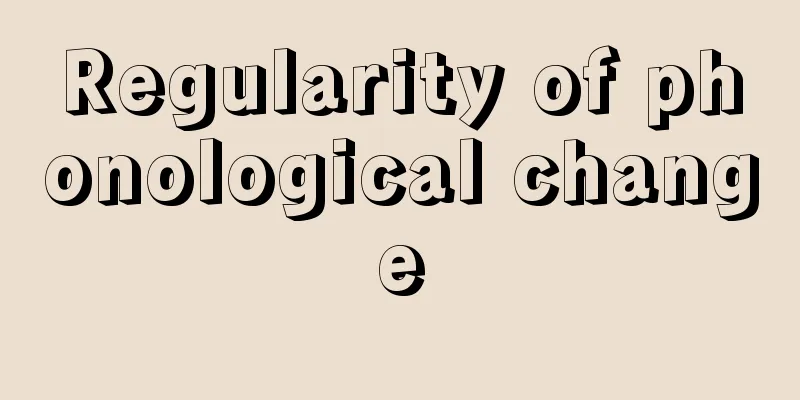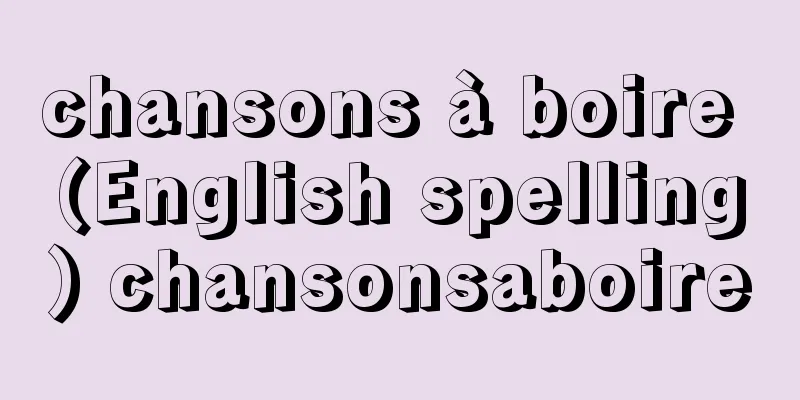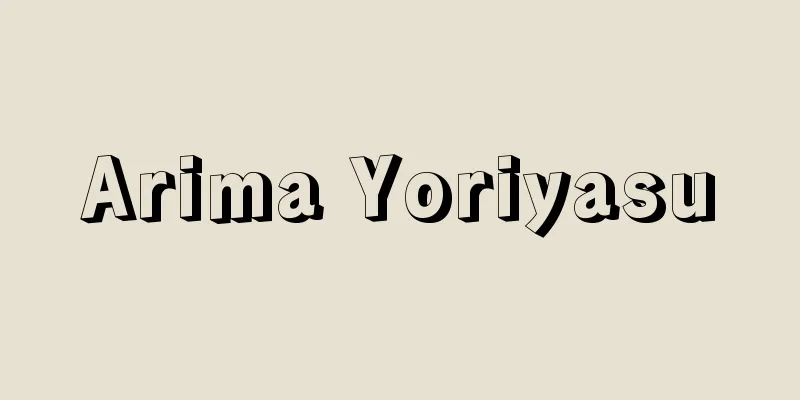Mukařovský, J.

|
...This activation is related to deviation from the norm and is determined in correlation with all texts in literary history and all texts in contemporary literature. Within this new framework, Jakobson's poetic function was developed into the aesthetic function of linguist and aesthetician Jan Mukařovský (1891-1975), who examined the functional model of speech, and folklorist and semiotician P. Bogatyrev left behind a functional and structural study of folk art (folk theater, folk costumes). Jakobson, who escaped from Europe to North America before the Nazi invasion, formulated structural poetics after World War II by introducing concepts from information theory and Peircean semiotics. From Czechoslovakia…A Central European republic that existed from 1918 to 1992. The country's common name is Československo in Czech and Slovak. The official name of the country was Českoslovak Republic (Českoslovká republika) from 1920 to 1938 and from 1945 to 1960. After 1948, the country adopted a socialist system, and from 1960, the official name of the country was Československá Socialistická republika (Czechoslovak Socialist Republic). In 1969, the country transitioned to a federation of the Czech Socialist Republic and the Slovak Socialist Republic, but in the course of the Eastern European Revolution in 1989, the federal system was reviewed in both republics, and the official name of the country was changed to Česká a Slovenská Federativní Republika (Czech and Slovak Federal Republic). … From the Prague School of Linguistics…It is also called the Prague Linguistic Circle or the Prague School. The central figures of this school were the Czech Vilém Mathesius (1882-1945) and the Russian R. Jakobson, along with NS Trubetzköy, who joined the school a little later, Jan Mukařovský (1891-1975), who made contributions to literary theory, and Pëtr Grigorievič Bogatyrëv (1893-1971), who studied folklore. The theoretical pioneers of this school were Baudouin de Courtenay and F. de Saussure, who accepted the former's concept of "function" and the latter's concept of "structure," and conducted analyses in the fields of language, literary theory, folklore, and other fields from these two basic concepts, and their work remains valuable even today. … From [Literary Theory]… When Russian Formalism's activities were restricted in the post-revolutionary society, it was succeeded by the Czech structural aesthetics of the 1930s. Jan Mukařovský, who was the central figure in this movement, reinterpreted the problem of "alienation" as a dialectic between "foregrounding" and "backgrounding." According to him, literary language exists against the background of everyday language, whose primary purpose is communication, and it seeks to draw attention to the function of language itself as a medium rather than its function in communication. … *Some of the terminology that mentions "Mukařovský, J." is listed below. Source | Heibonsha World Encyclopedia 2nd Edition | Information |
|
…この活性化は,規範からの逸脱と関係があり,文学史におけるあらゆるテキスト,同時代の文学のあらゆるテキストとの相関において決定されるのである。この新しい枠組みの中で,ヤコブソンの詩的機能は言語学者・美学者ヤン・ムカジョフスキーJan Mukařovský(1891‐1975)の〈美的機能〉に発展し,発話の機能モデルが検討され,民俗学者・記号論学者のP.ボガトゥイリョフは民衆芸術(民衆演劇,民俗衣装)の機能構造的研究を残した。 ナチス侵攻を前にしてヨーロッパから北アメリカに脱したヤコブソンは,第2次大戦後,情報理論やパース記号論の諸概念を導入して構造詩学の定式化を行う。… 【チェコスロバキア】より…1918年から92年まで続いた中欧の共和国。国名通称はチェコ語,スロバキア語ともČeskoslovensko。1920‐38年,1945‐60年の正式国名は〈チェコスロバキア共和国Českoslovká republika〉。1948年以後は社会主義体制をとり,60年からの正式国名は〈チェコスロバキア社会主義共和国Československá Socialistická republika〉。1969年よりチェコ社会主義共和国とスロバキア社会主義共和国の連邦制に移行したが,89年の〈東欧革命〉の進行過程で両共和国で連邦制の見直しが図られ,正式国名を〈チェコおよびスロバキア連邦共和国Česká a Slovenská Federativní Republika〉に変更した。… 【プラハ言語学派】より…プラハ言語学サークル,プラーグ学派などとも呼ばれる。この学派の中心になったのはチェコ人のマテジウスVilém Mathesius(1882‐1945)とロシア人のR.ヤコブソンで,このほかにやや遅れてこの学派に加わったN.S.トルベツコイ,文芸理論で業績を残したムカジョフスキーJan Mukařovský(1891‐1975)や,フォークロア研究でのボガトゥイリョフPëtr Grigorievič Bogatyrëv(1893‐1971)らがいる。 この学派の理論的先駆者はボードゥアン・ド・クルトネとF.deソシュールで,前者の〈機能〉,後者の〈構造〉という概念を受け入れて,言語,文芸理論,フォークロアなどの分野でこの二つの基本概念から分析を行い,今日でも依然として価値のある業績を残している。… 【文学理論】より… ロシア・フォルマリズムが革命後の社会において活動を制限されるにいたったとき,それを継承したのが1930年代のチェコの構造美学であった。この運動の中心となったムカジョフスキーJan Mukařovskýは〈異化〉の問題を,〈前景化〉と〈背景化〉の弁証法としてとらえなおした。彼によれば,文学の言語は,コミュニケーションを第一の目的とする日常の言語を背景として成り立つものであり,コミュニケーションの機能よりも媒体としての言語そのものの機能に注意をひきつけようとするものなのである。… ※「Mukařovský,J.」について言及している用語解説の一部を掲載しています。 出典|株式会社平凡社世界大百科事典 第2版について | 情報 |
<<: Muis, A. (English spelling) MuisA
>>: Mu'izzi (English spelling)
Recommend
Molecular compound
In a broad sense, it is the same as a higher-order...
Water left hand - Suisaki
This is the diary of a nobleman in the mid-Heian ...
deuterocoel
…Most metazoans are divided into protocoelomates ...
Kolmogorov (Andrey Nikolaevich Kolmogorov)
Soviet mathematician. Born in Tambov near Moscow....
Swimming in the sea
It is the act of bathing in the water on the coas...
Human Cleanup Order - Hitobarairei
Around March 1592 (Bunroku 1), a nationwide survey...
Wit, CG - Wit
…One of the peculiar asteroids discovered by Carl...
Eutectoid transformation point
…(1) Isothermal transformation curve Also called ...
fond de volaille (English spelling) fonddevolaille
…There are said to be hundreds or even thousands ...
Cabaret Culture
… Berlin was another center in the 1920s. The cit...
Principia - Principia (English spelling)
A physics book. A book formulating the general la...
Nagayoshi Mori
Year of death: April 9, 1584 (May 18, 1584) Year o...
Dalada Maligāwa (English spelling)
The people of Kandy call the city Mahanuwara (Gre...
Masatake Terauchi
Marshal, Army General, and Politician. Born on Fe...
Fossil apes
A general term for apes that lived in geological t...









